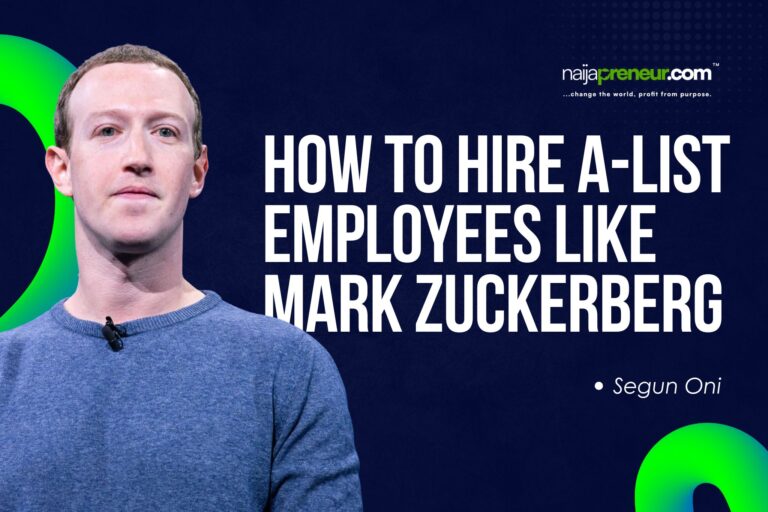In the world of Silicon Valley hiring, complexity is the norm.
Google has its infamous brain teasers.
Microsoft puts you through coding gauntlets.
Startups obsess over resumes, referrals, and 10-step interview pipelines.
But Mark Zuckerberg did something radically different — and it worked.
While building Facebook from a college dorm room into one of the most valuable companies in the world, he didn’t rely on structured interviews or elaborate puzzles. In fact, he doesn’t even believe in traditional interviews.
Instead, he filtered candidates using just one question. And that single question helped him build a leadership team now worth over $100 billion.
The Question That Built Facebook’s Core Team
Zuckerberg knew early on that the wrong hire could be catastrophic. When Facebook began growing rapidly, he faced pressure to scale the team fast. But rather than chasing credentials or coding test scores, he focused on something deeper — something more human.
Here’s the only question he asked himself when considering a hire:
“Would I work for this person?”
That’s it.
No elaborate frameworks. No case studies. No culture-fit quizzes.
Just a brutal gut check:
If this person were my manager, would I willingly follow them?
If the answer was no, they didn’t get the job — no matter how impressive their resume was.
Why This Question Works
At first glance, it might seem too simple. But there’s genius behind it.
Most companies hire for skills or experience.
Zuckerberg hired for leadership potential — and influence.
Because in fast-growing startups, the goal isn’t just to fill roles. It’s to build a team of leaders who can scale, inspire, and drive the company forward without being micromanaged.
By only hiring people he’d work for himself, Zuck ensured every employee was:
-
Smart enough to solve big problems
-
Driven enough to lead others
-
Aligned enough with the mission to go the distance
In other words: future leaders.
Proof It Worked: Facebook’s Early Hires Became Legends
Zuckerberg’s early hires weren’t just great employees. They went on to become tech powerhouses in their own right:
-
Dustin Moskovitz → Co-founder of Asana
-
Adam D’Angelo → CEO of Quora
-
Chris Cox → Facebook’s longtime Chief Product Officer
These weren’t just team players — they were visionary leaders. And Zuck spotted them not through algorithms or job tests, but by asking: Would I follow this person into battle?
The Hidden Genius: It Filters for Leadership and Trust
What makes this question so powerful?
It’s forward-looking.
Most interviews obsess over what a candidate has done.
Zuckerberg’s question looks at what they’re capable of becoming — and whether they can inspire others to follow them.
It also subtly evaluates two critical, hard-to-measure traits:
-
Raw intelligence
-
Mission alignment
Zuck didn’t care if you had a Stanford degree or came from Google. He wanted people who could think independently and truly believed in Facebook’s mission of connecting the world.
The Simplicity That Scales
This philosophy scaled Facebook from startup to empire.
While competitors relied on complex hiring systems, Zuckerberg kept it human.
One question. One standard. One core belief:
Great companies are built by people you’d follow — not just hire.
What This Means for You
Whether you’re hiring your first employee or your hundredth, Zuckerberg’s question changes the game:
-
It forces you to raise your standards.
-
It shifts focus from qualified to influential.
-
It ensures you’re building a team of people you can trust with the future.
And it doesn’t just apply to hiring.
The Bigger Lesson: Influence > Credentials
In life and business, opportunities don’t go to the most qualified — they go to the people others want to follow.
You can learn skills.
You can gain experience.
But you can’t fake influence.
When people choose partners, leaders, or collaborators, they ask themselves the same thing:
“Would I trust this person? Would I follow them?”
Zuckerberg knew that instinctively. And it’s why one simple question built one of the most legendary teams in tech history.
Final Thought
So the next time you’re hiring — or even evaluating yourself — ask:
Would I work for this person?
If the answer is yes, you’re not just building a team.
You’re building a legacy.


